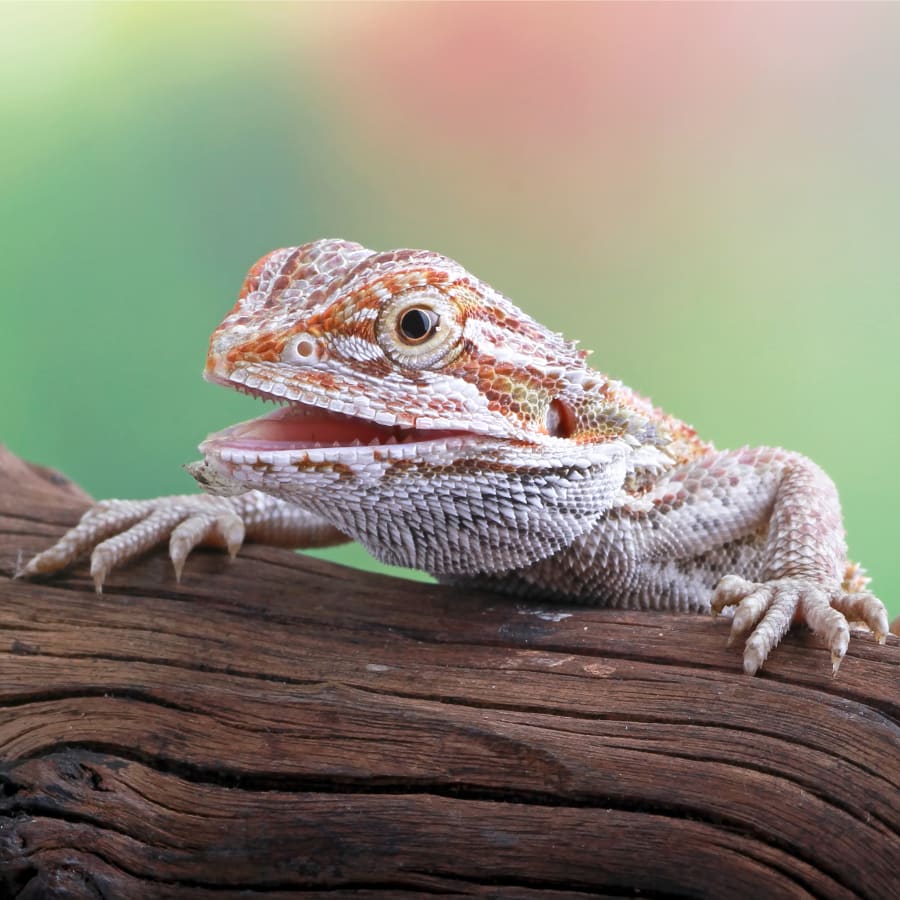Exotic Pets in Seattle
Quality Care for Exotic Pets in Seattle
Caring for exotic pets takes specialized knowledge and experience, and you can feel confident knowing your companions are in trusted hands.
Our team is committed to supporting the health and wellbeing of a variety of animals, to help them live long, happy lives. And when your pet isn’t feeling their best, we’re here for you, too.
At Seattle, our experienced staff are trained in the unique needs of exotic animals and can provide the guidance you need to keep your pet thriving.

FAQs for Care of Exotic Pets
At Aurora Veterinary Hospital, we provide routine wellness and preventive care services for your exotic pet. Our team can also see them for medical or behavioral concerns.
-
Does my exotic pet need regular checkups like dogs and cats do?
Yes! Exotic pets benefit from routine veterinary visits just like dogs and cats. Many birds, reptiles, and small mammals are experts at hiding signs of illness, so regular checkups help catch health issues early, before they become serious. These visits also give your veterinarian a chance to review your pet’s diet, habitat, and overall care to ensure they’re thriving. Even if your exotic pet seems healthy, yearly wellness exams are the best way to support a long and happy life.
-
What can I expect at my exotic pet's veterinary appointment?
When you bring your exotic companion in for an appointment, the vet will complete a thorough routine exam to assess the general health of your pet.
We'll recommend appropriate preventive care, perform any required tests, and answer any questions you may have about at-home care.
-
Do exotic pets need dental care?
Yes! Many exotic pets require dental care, though their needs are different from dogs and cats.
Small mammals like rabbits, guinea pigs, and chinchillas have teeth that grow continuously, so they need the right diet and chew materials to keep them worn down naturally. Birds and reptiles may not get cavities, but they can develop beak or jaw problems that need attention. Regular checkups allow your veterinarian to monitor dental health and recommend diet or care adjustments before issues become painful or serious.
-
Does my exotic pet need vaccinations or parasite prevention?
Some exotic pets do benefit from vaccinations and parasite prevention, but it depends on the species. For example, certain birds may be recommended for specific vaccines, while ferrets typically need routine vaccines similar to cats and dogs.
Many reptiles, birds, and small mammals are also at risk of parasites, both internal and external, which can affect their health and quality of life. During a wellness exam, your veterinarian can recommend the right preventive care for your particular pet and lifestyle.
-
How can I tell if my exotic pet is sick?
Exotic pets are very good at hiding signs of illness, which makes it tricky for owners to notice when something is wrong. Subtle changes such as eating less, sleeping more, hiding, or acting differently can all be early warning signs.
You might also notice changes in weight, droppings, shedding, feather or coat condition, or breathing. Because many health problems progress quickly once symptoms appear, it’s best to contact your veterinarian as soon as you notice anything unusual. Regular checkups also help catch problems early, before they become serious.
-
What characteristics do reptiles and amphibians have?
Reptiles and amphibians appeal to many people who would like something different than the traditional furry pet. They require unique environments and preventive care to thrive.
Turtles, snakes, lizards, iguanas, tortoises and more fall under the reptile classification. These air-breathing vertebrates are covered in a specialized skin made of hard scales, bony plates or some combination of the two.
Amphibians include frogs, toads, salamanders and newts, and worm-like caecilians. These cold-blooded vertebrates lack scales. They spend part of their lives in water and part on land.
Your veterinarian can tell you about these animals' special dietary and housing needs.
-
What kind of habitat or enclosure does my exotic pet need?
The right habitat depends on the species, but every exotic pet needs an enclosure that keeps them safe, comfortable, and as close to their natural environment as possible. This means the right size of cage or tank, proper temperature and humidity, good ventilation, and enrichment items to keep them active and engaged.
Reptiles often need large cages with space to climb, that utilize heat and UV lighting, while small mammals need secure enclosures with room to explore and chew safely. During your visit, we can guide you on the specific housing needs of your pet and help you set up the best environment for their health and happiness.
Exotics We Treat
At Aurora Veterinary Hospital, we provide dedicated veterinary care for many types of exotic pets, including:
- Rabbits
- Guinea Pigs
- Gerbils
- Hamsters
- Mice & Rats
- Chinchillas
- Reptiles such as Bearded Dragons, Geckos, & Snakes
- Sugar Gliders
- Hedgehogs
- Chickens
- Ducks
- Ferret
- Turtles & Tortoises

